Categories
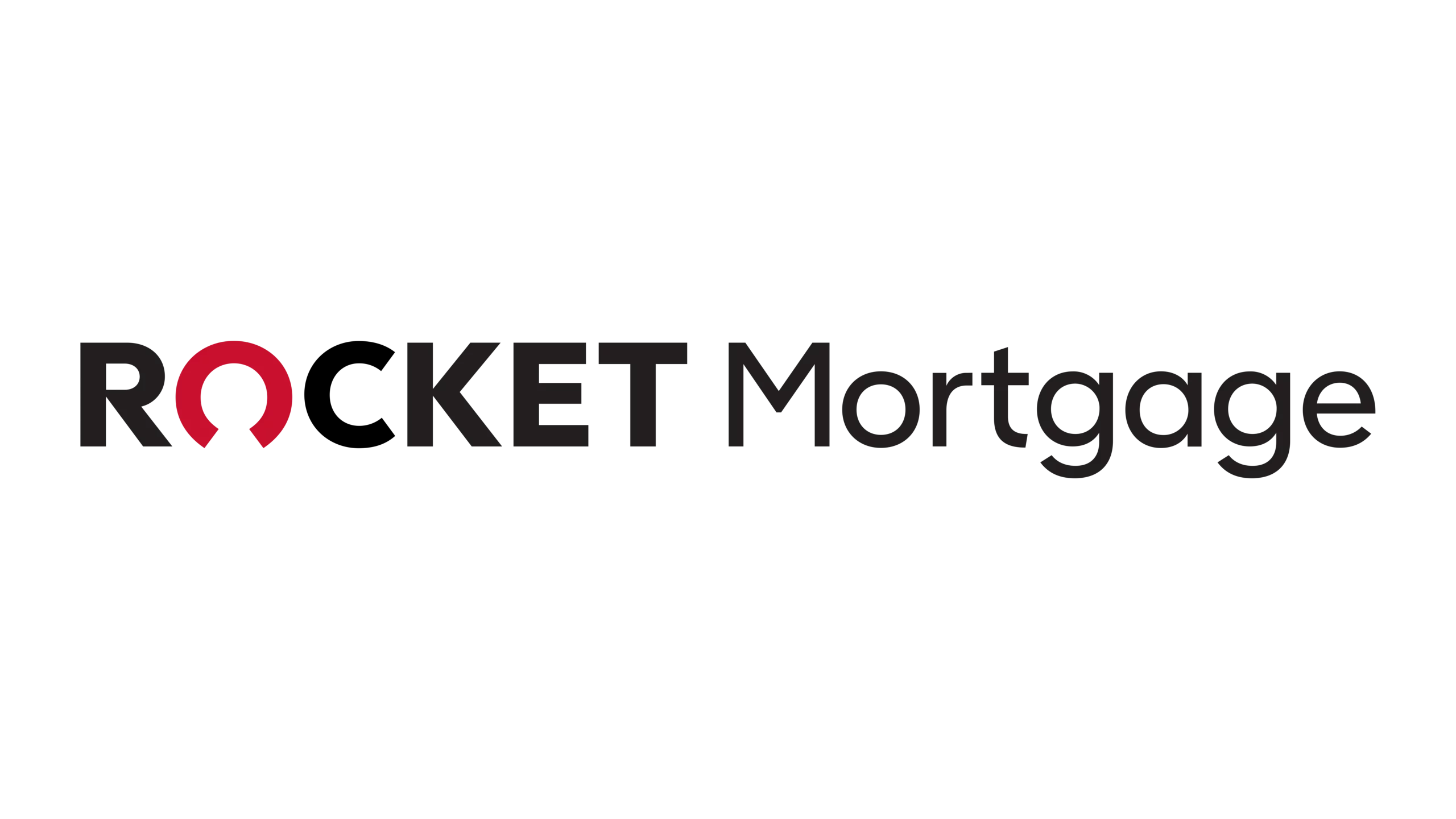
Rocket Mortgage
- Discover the ideal mortgage tailored for you
- Options ranging from 8 to 30 years fixed-rate loans
- Reliable and swift rate quotations
- Stay updated with real-time rate changes
- Streamlined application integrated with your bank
- NMLS# 3030
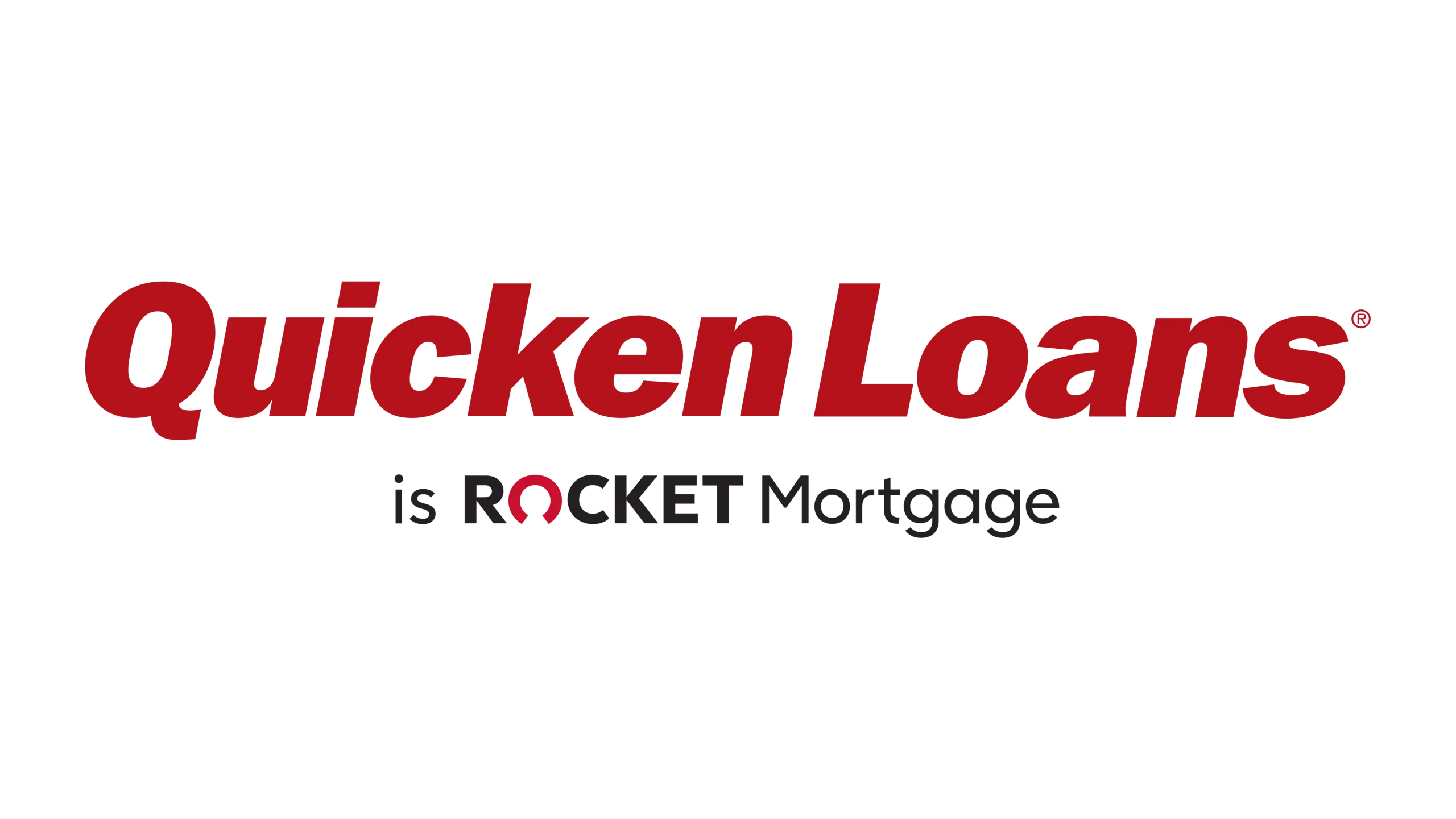
Quicken Loans
- Choose a mortgage that fits your needs
- Fixed-rate loans from 8 to 30 years
- Quick and trustworthy rate estimates
- Access to instant rate changes
- Seamless bank-integrated application
- NMLS# 3030
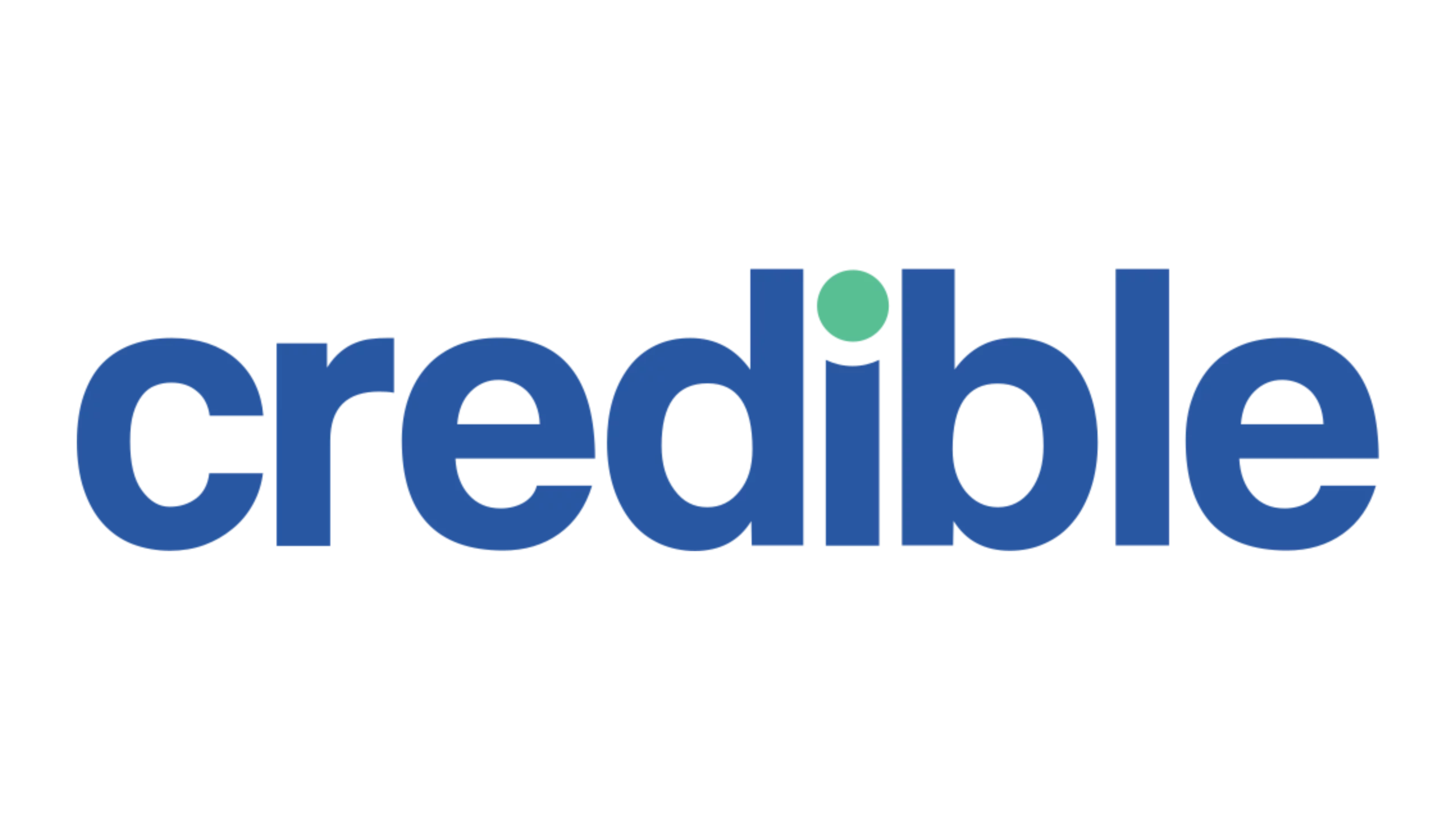
Credible
- Evaluate leading lenders for the best rates
- Immediate home loan pre-approval
- Clear and confidential mortgage procedures
- Dedicated team of loan specialists ready to assist
- NMLS# 1681276
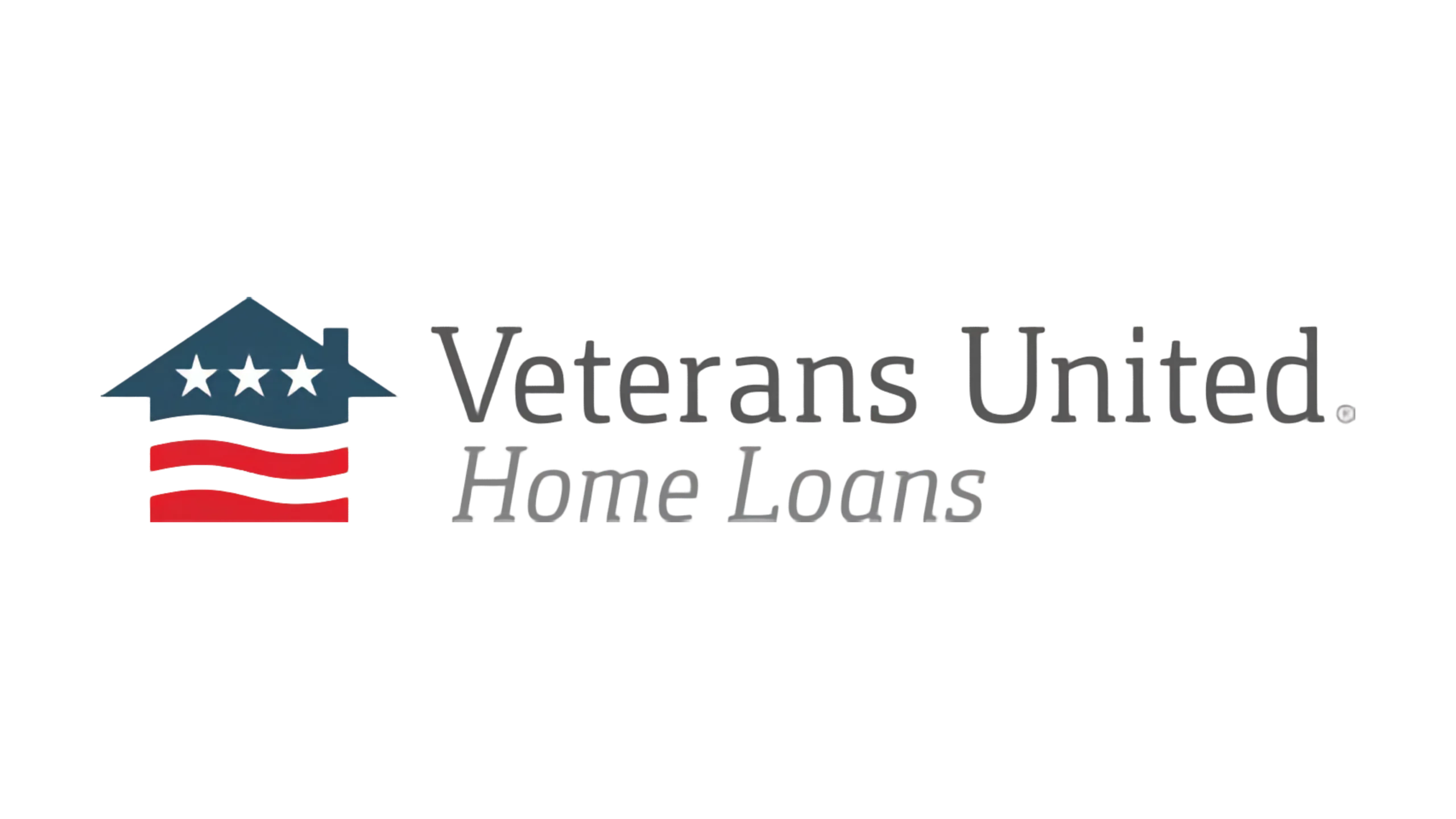
Veterans United Home Loans
- Exclusive for veterans & military families: 0% down on home loans
- Qualify without PMI
- Round-the-clock phone customer support
- Complimentary online learning resources
- NMLS# 1907

LendingTree
- Efficiently assess top rates from premier lenders
- Competitive mortgage offerings
- Diverse loan alternatives
- Shop smartly and finalize promptly
- NMLS# 1136
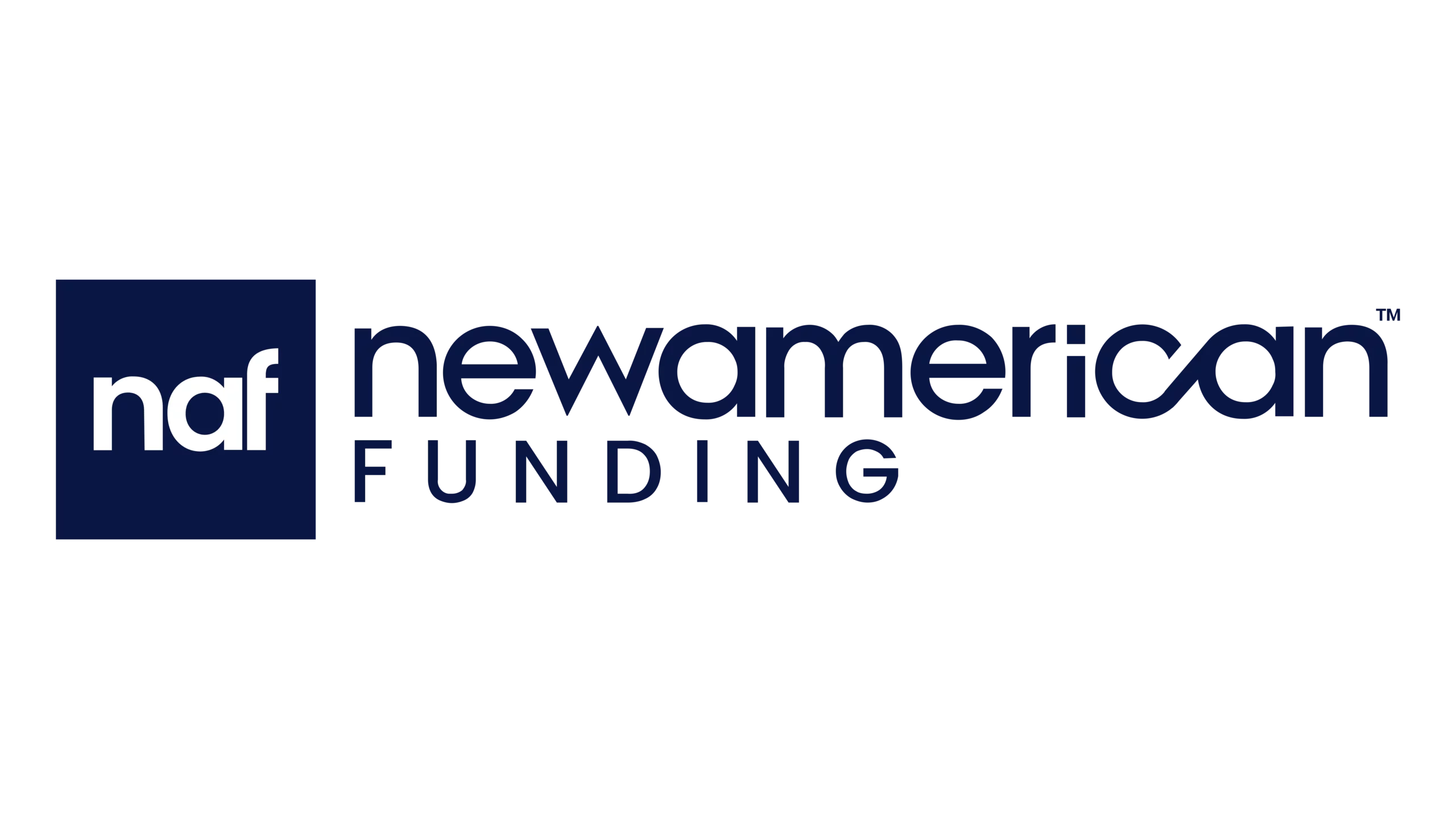
New American Funding
- Secure home loan pre-approval in just 24 hours
- A broad spectrum of loan options
- Quick quote application process
- Specialized schemes for first-time buyers
- Fully digital application platform
- NMLS# 6606

AmeriSave
- Maintain your rate while house hunting through Lock & Shop
- Receive a personalized rate estimate in just 3 minutes, no credit impact
- Quick delivery of pre-approval letters
- Achieve an upfront rate in 3 minutes without a deep credit check
- NMLS# 1168
FAQ
A mortgage is a loan for buying real estate, typically one's home. In this agreement, borrowers commit to monthly payments, including interest, over a set duration, usually 15 or 30 years. The property is the loan's security, meaning the lender can claim it without payments. Refinancing is an option to modify mortgage terms for a reduced rate or shorter period. Typical mortgages need a 3% down payment and have a maximum value set by Fannie Mae. Government-backed loans like FHA, VA, and USDA have more lenient criteria. Jumbo loans surpass conventional mortgage limits.
Mortgage rates indicate the interest percentage you'll pay on your loan. For instance, on a $300,000 loan at a 5% rate, you'd pay $15,000 in interest without extra principal payments or refinancing. Mortgage rates fluctuate based on economic factors like inflation, unemployment, and Federal Reserve actions. Consequently, lenders frequently update these rates on their websites. Your financial history impacts your eligibility for optimal rates. A credit score of 740 or higher typically fetches favorable rates. Lenders also consider the loan-to-value ratio (LTV), which compares the loan amount to the property's value. An LTV under 80% usually secures the most attractive rates.
Lenders have individual criteria for loan approvals. Typically, they seek a debt-to-income ratio under 43% and a minimum credit score of 580, though this can vary based on the mortgage type. A down payment and a consistent two-year work history are usually necessary. Additionally, the property should satisfy the lender's appraisal standards.
Opting for a 30-year mortgage gives you smaller monthly payments, but you'll pay more interest over its lifespan. Conversely, a 15-year mortgage increases monthly payments but saves you on long-term interest. The right choice hinges on your circumstances and financial objectives.








